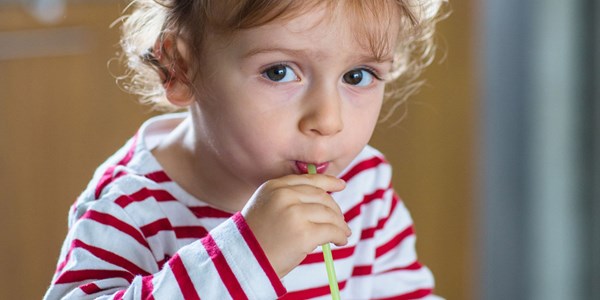Healthy Living
Apple juice can help kids get through stomach flu─── 12:30 Tue, 03 May 2016

Half-strength apple juice can be just as effective as electrolyte solutions in aiding children get through the stomach flu, researchers claim.
Apple juice can be just as effective as electrolyte solutions when treating children with stomach bugs, researchers claim.
In small children, the treatment of gastroenteritis usually focuses on replacing fluids lost through diarrhoea or vomiting. However, kids often don't like the taste of electrolyte solutions and they can often be relatively expensive.
Accordingly, University of Calgary researchers have looked in to how the use of diluted apple juice and other fluids may be an alternative to electrolyte solutions given to children suffering from a level of dehydration.
The researchers studied 647 children ages six months to five years old who came to the emergency department with mild dehydration from stomach flu. Half of the group was given half-strength apple juice followed by their favourite drink, while the others received an apple-flavoured electrolyte solution.
Twenty five per cent of the children who drank the electrolyte solution still needed intravenous (IV) fluids or other additional treatment, compared to only about 17 per cent of the kids who drank apple juice and their favourite drink.
Results shows that two-year-olds and older children responded best to apple juice, but even the younger group did a little better with apple juice than the electrolyte solution.
"These results challenge the recommendation to routinely administer electrolyte maintenance solution when diarrhoea begins," the researchers said in their analysis.
However, lead author Stephen B. Freedman noted that apple juice isn't always appropriate and the method to treat dehydration should be evaluated on a case by case basis, taking into consideration those with moderate to severe dehydration or those at risk for electrolyte abnormalities or other significant medical conditions.
The study was first published in the Journal of the American Medical Association.
© Cover Media













